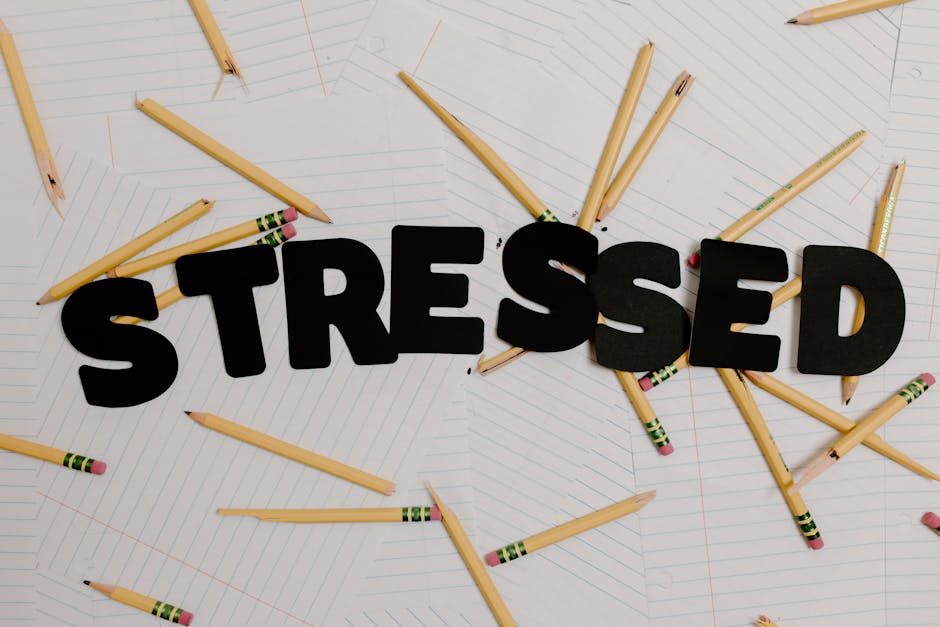The act of crafting compelling narratives and evocative poems is a journey fraught with unique obstacles. It’s not simply a matter of pouring words onto a page; it’s a complex interplay of inspiration, craft, and self-discovery. From the initial spark of an idea to the final polished product, creative writers confront a multitude of challenges that demand resilience, dedication, and a profound understanding of the creative process itself.
One significant hurdle is the elusive nature of inspiration. While some may experience a constant flow of ideas, others find themselves grappling with writer’s block, a frustrating void where words seem to vanish. This lack of inspiration can stem from various factors: exhaustion, doubt, a perceived lack of skill, or simply the inherent difficulty of translating a fleeting thought into a tangible piece of writing. Overcoming this obstacle necessitates cultivating a consistent writing practice, even during periods of perceived creative drought. Keeping a journal, brainstorming regularly, and engaging with other writers can help to maintain the flow of ideas and combat the discouragement that accompanies writer’s block.
Beyond the elusive muse, the craft of poetry and creative writing presents its own set of difficulties. Constructing compelling narratives, whether fictional or autobiographical, demands a mastery of narrative structure, character development, and plot progression. A poorly developed plot or unconvincing characters can quickly undermine the reader’s engagement with the piece. Similarly, in the world of poetry, the challenge of condensing complex ideas and emotions into concise and evocative language demands an understanding of poetic devices and forms. Mastering these elements requires consistent practice and rigorous self-critique, which, in turn, necessitates a willingness to explore and refine one’s style.
A critical aspect of this craft is the art of self-editing. Recognizing and correcting flaws in one’s own work is often more difficult than initially composing the piece. The subjective nature of creative writing necessitates a discerning eye, allowing one to objectively evaluate their work, not just for grammatical accuracy but for emotional impact, thematic coherence, and overall aesthetic appeal. This self-critical gaze can be especially challenging when deeply invested in the project, as personal attachment can cloud judgment. Seeking feedback from trusted peers or mentors can provide invaluable perspectives, allowing the writer to approach their work with renewed objectivity and a fresh lens.
A prevailing concern in the creative writing arena is the ever-present fear of judgment. The world of publishing and creative communities can be competitive and demanding. Writers often face the anxiety of not being accepted by peers or finding success in the marketplace. This fear can manifest in self-doubt and self-sabotaging tendencies, discouraging even the most enthusiastic practitioners. Building resilience in the face of rejection is crucial, and finding a support system, whether through writers’ groups or online communities, can prove immensely helpful. Embracing the process as a learning experience, rather than a quest for immediate validation, is essential in navigating this pervasive obstacle.
Furthermore, the challenge of staying true to one’s voice while still engaging with broader trends and influences presents a dilemma. Writers must cultivate a unique and authentic voice to stand out amongst their peers. But this uniqueness shouldn’t exist in isolation; exploring and reacting to diverse poetic and prose traditions is essential for developing an informed and nuanced writing style. Finding the delicate balance between originality and engagement with pre-existing literature is vital.
Technical challenges also play a significant role in the writer’s journey. The meticulous attention to detail that shapes a compelling narrative and beautifully crafted poem is not always easy to maintain. From ensuring the correct use of punctuation and grammar to meticulously crafting imagery and metaphor, the commitment to technical proficiency is essential. Learning and adapting to new technologies like digital publishing platforms and online editing tools is another added dimension of technical challenge in this evolving digital landscape.
The constant pursuit of improvement is another persistent challenge. The creative writing process is not a linear path. Writers often find themselves iterating, revising, and reworking their pieces to achieve a desired level of impact. This cyclical process can be disheartening at times. The constant pressure to refine and improve one’s craft can lead to burnout or creative paralysis. Maintaining a healthy perspective, celebrating progress, and understanding that imperfection is often a stepping stone to refinement is crucial.
In conclusion, the journey of creative writing is an intricate tapestry woven with both exhilaration and struggle. The challenges, ranging from the elusive nature of inspiration to the fear of judgment and the technical complexities of the craft, demand dedication and resilience. However, by embracing the journey, acknowledging the obstacles, and cultivating a practice of self-critique and support, aspiring poets and creative writers can navigate these difficulties and find fulfillment in their craft. It’s not about eliminating these challenges, but rather about understanding and embracing them as integral parts of the creative process.
